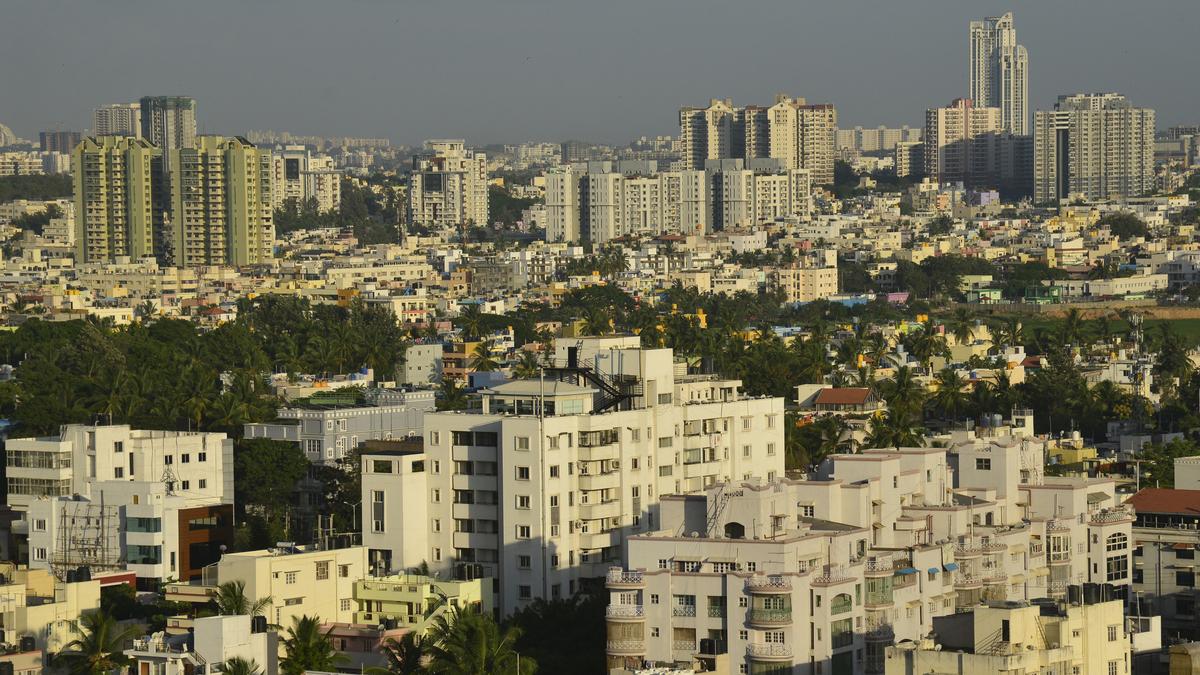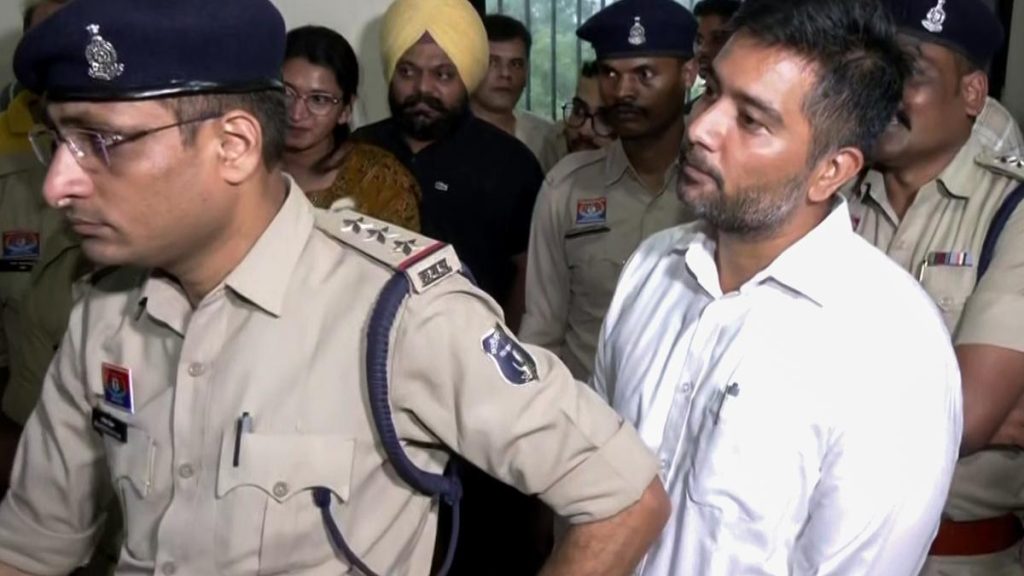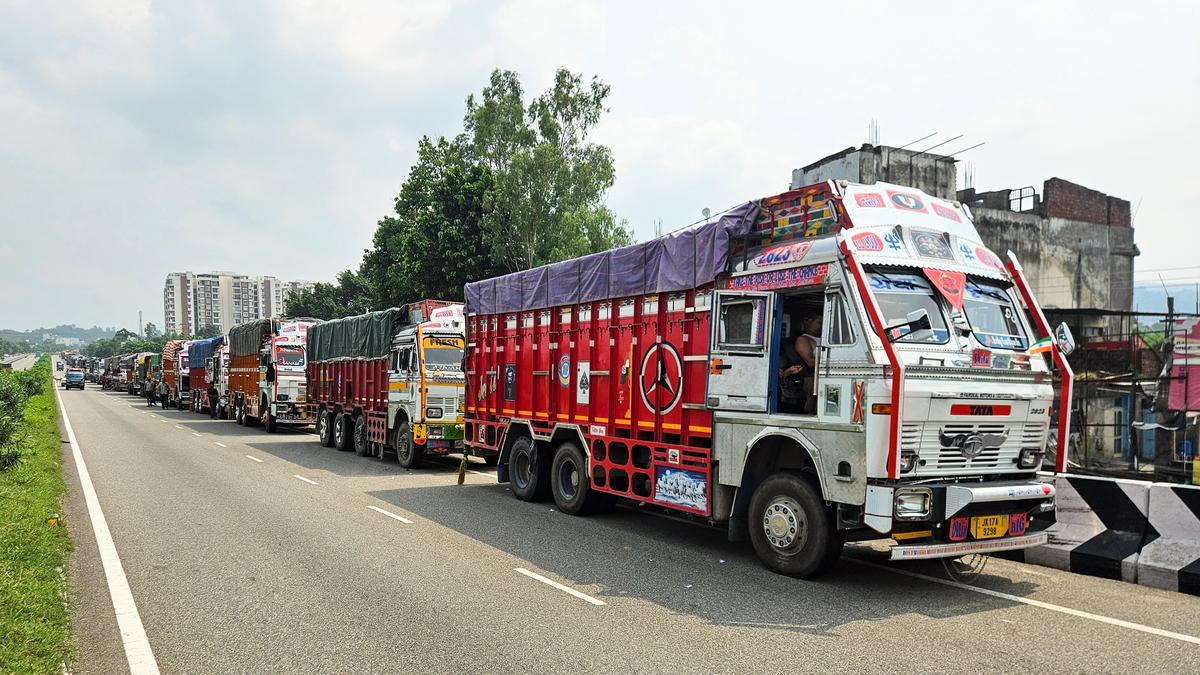Now Reading: Karnataka Fire Department Launches Safety Inspection of Schools and Hospitals
-
01
Karnataka Fire Department Launches Safety Inspection of Schools and Hospitals
Karnataka Fire Department Launches Safety Inspection of Schools and Hospitals

Quick Summary
- Karnataka State Fire and Emergency Services (KSFES) launched a fire safety audit for government schools across the state, including low-rise buildings.
- Till August-end, 24,000 of Karnataka’s 46,000 government schools had been audited; the audit is expected to be completed within two months.
- Typically, high-rise buildings require a fire safety Non-Objection Certificate (NOC), but it is not mandatory for single-storey school structures. However, equipment installation and precautionary signage are necessary after consulting the fire department.
- The Education Department requested this large-scale audit to ensure safety measures in light of expanding midday meal programs.
- For hospitals in Karnataka, both NOC and fire advisory compliance are mandatory as they are considered critical facilities. Only about 30% of hospitals have implemented these measures due to cost concerns among smaller clinics and facilities.
- A recent high-level meeting between KSFES officials and the health department decided on studying other states’ practices to draft new complete guidelines for hospital fire safety regulation.
Indian Opinion Analysis
The ongoing school audits signal proactive efforts by Karnataka’s authorities to address gaps in institutional safety practices. While single-storey school buildings do not legally require an NOC under current norms, this precautionary measure indicates foresight regarding potential risks tied to infrastructure expansion such as midday meal kitchens. This initiative could serve as an example for addressing similar vulnerabilities across India’s schools.
In parallel, enforcing stricter guidelines for hospitals reflects urgency given their life-critical role during emergencies. However,challenges pertaining to cost barriers for smaller private healthcare facilities underline deeper structural issues requiring balanced solutions – prioritizing public welfare without overburdening operators financially. Studying other states’ models might help tailor more feasible compliance frameworks going forward.
read more at The Hindu.






















